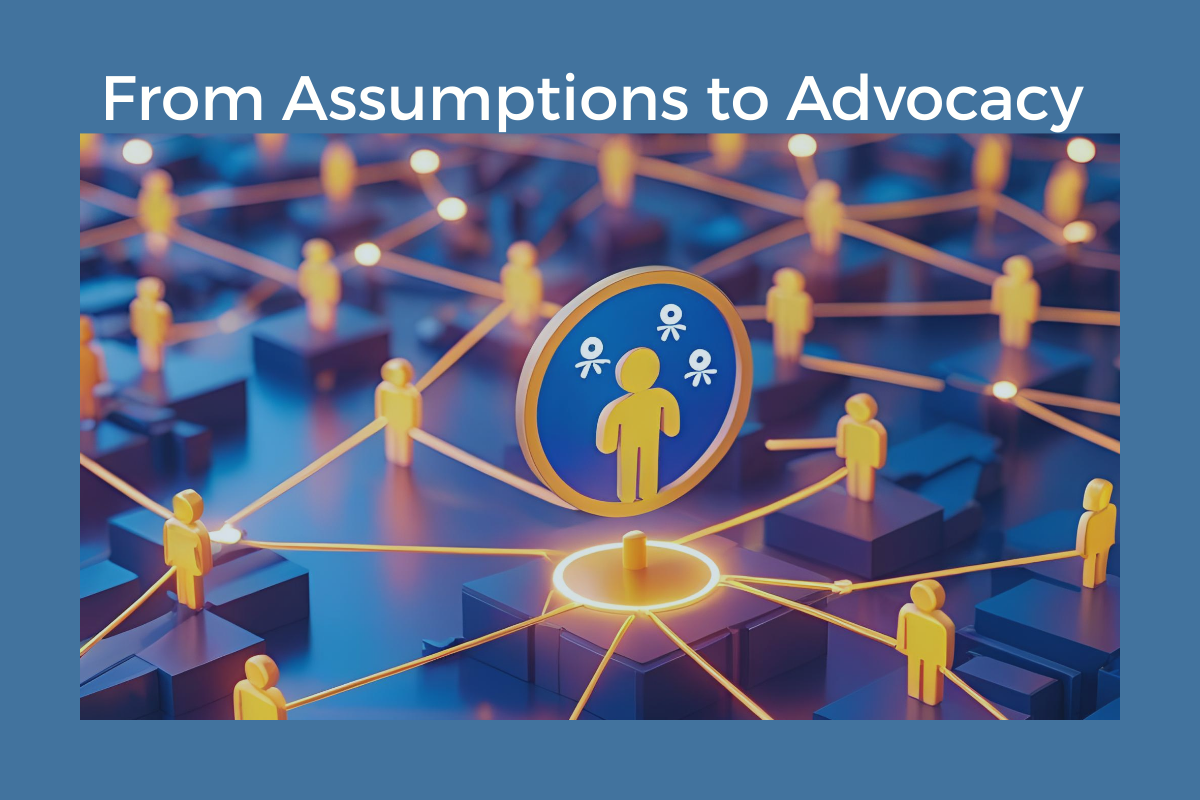In business and in life, relationships are everything. Yet, many companies and entrepreneurs fall into the trap of assuming that their closest networks—family, friends, or communities they support—will simply understand, forgive, or remain loyal even when commitments aren’t honoured. In reality, taking your network for granted is one of the quickest ways to damage your reputation.
Assumptions can hurt your brand
When working with friends and family, it is easy to let professional discipline slip. Deadlines get missed because “they’ll understand,” or agreements are left vague because “they know me.” These small lapses can add up to resentment and mistrust. Your inner circle may not voice it, but they will notice. In PR terms, that means you’ve turned what could have been your strongest advocates into silent critics.
The same holds true when businesses engage with their communities. Many organisations in the Middle East now prioritise corporate social responsibility (CSR) programmes—whether through education initiatives, sustainability projects, or support for local causes. But too often, companies treat these commitments as secondary to client or commercial work. Promises to community groups get delayed or downgraded, because the business focus is elsewhere.
Why it matters
Your community, whether personal or professional, is part of your brand ecosystem. Every commitment you make—paid or voluntary—forms part of your public narrative. If you consistently deliver on commercial promises but neglect commitments to your community or close network, you create an imbalance. The message that goes out, consciously or not, is that profit trumps values.
In a region where word-of-mouth and trust are critical to reputation, this is a risk you cannot afford. Communities that feel overlooked will not champion your business. Friends and family who feel taken for granted will hesitate to recommend you. In contrast, when you honour all commitments equally, you cultivate a network of genuine advocates who amplify your reputation.
Building advocacy, not apathy
To avoid slipping into complacency, businesses should treat commitments to their networks with the same rigour as commercial agreements. A few guiding principles can help:
- Ask permission, don’t assume: Whether using a friend’s name in a case study or engaging a community group in a campaign, always seek their consent and agreement first.
- Deliver on promises: If you’ve committed time, resources, or support—even on a pro bono basis—deliver as though it were a paid project. Your follow-through builds credibility.
- Communicate clearly: Don’t leave expectations open-ended. Define timelines, deliverables, and next steps, just as you would with a client.
- Value advocacy: Remember, your friends, family, and community partners are not “free resources.” They are potential ambassadors. Treating them well ensures they speak positively about your brand.
Reputation is cumulative
PR is not about one-off wins—it’s about consistent actions that build trust over time. When you respect your closest networks and deliver on every promise, you reinforce the story that your business is reliable, values-driven, and worthy of support.
In the long run, that trust translates into something money can’t buy: a reputation that is protected and amplified by the very people you once might have taken for granted.



